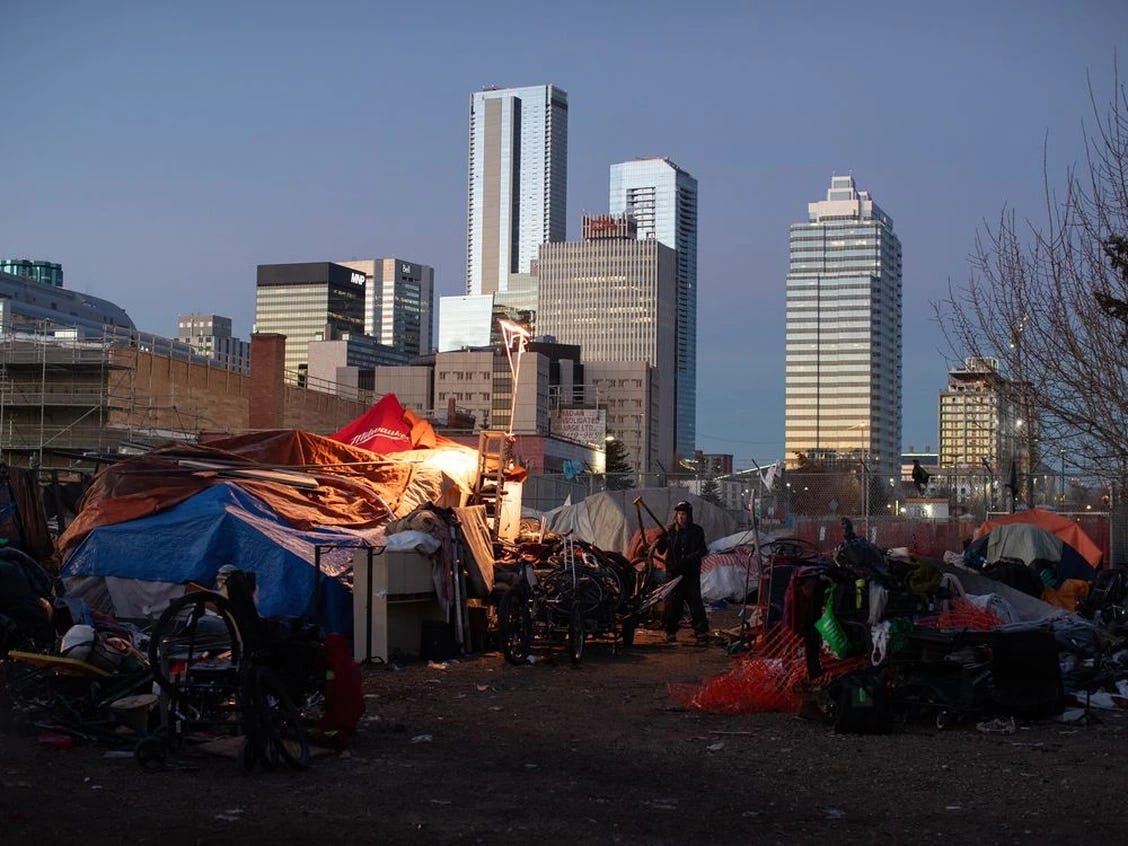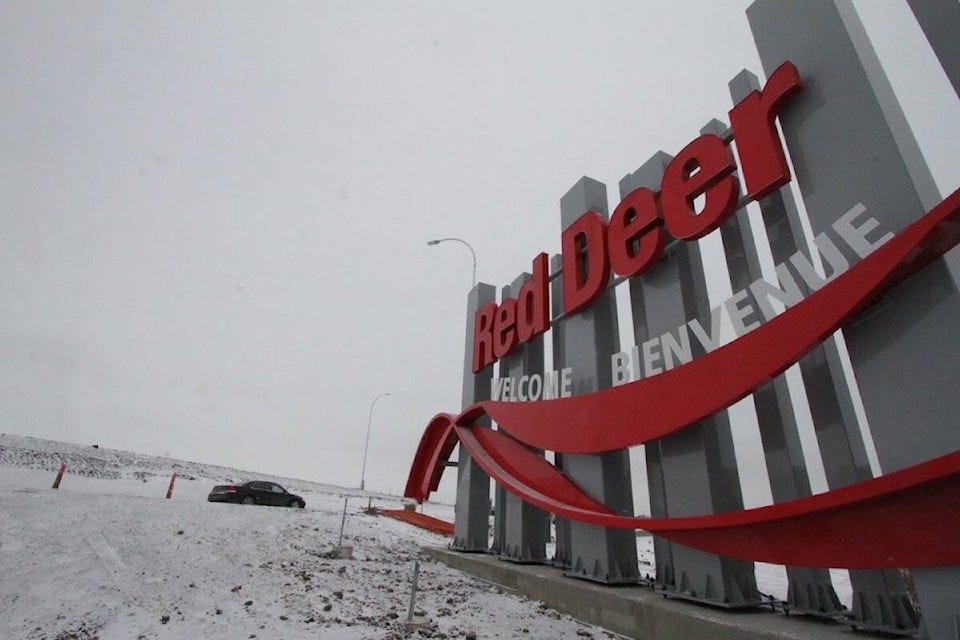15 Minute Cities Are All Over The Planet
Ontario Premier Doug Ford Proposes Referendum Requirement for Carbon Tax, Pits Against 'Queen of the Carbon Tax' in Political Showdown
Ontario Premier Doug Ford has announced that future provincial governments in Ontario will be required to hold a referendum before implementing a carbon tax or any other carbon pricing program. The proposed legislation, known as the Get It Done Act, aims to give voters a "direct say" in such matters. Ford has been a longstanding critic of the federal carbon tax and has taken measures against it, including requiring anti-carbon tax stickers on gas pumps, which was later deemed unconstitutional. Canada has had a national price on pollution since 2019, but Ford's proposed law in Ontario would provide residents with a say in provincial carbon pricing decisions. The premier also criticized Ontario Liberal Leader Bonnie Crombie, referring to her as the "queen of the carbon tax." A recent poll suggests a close race between Ford's Progressive Conservatives and Crombie's Liberals in a hypothetical provincial election. Crombie responded, calling Ford "desperate" and accusing him of abandoning Ontario.
NDP-Liberal Pharmacare Pact Teeters on Edge: What's at Stake?
NDP Leader Jagmeet Singh is considering the implications if the supply-and-confidence deal with the Liberals ends due to disagreements on legislation for a future pharmacare plan. The agreement, set in 2022, requires the Liberals to pass pharmacare legislation by March 1, but negotiations have stalled. Singh indicated that if the deal collapses, the NDP won't automatically support government bills, requiring negotiations for each instance. The disagreement centers on the approach to pharmacare, with the NDP advocating for a universal, single-payer system. The Liberals express concerns about the future costs. If the deal fails, major votes, such as on the budget, would be considered on a case-by-case basis, potentially affecting the political landscape.
BC Police Bust $11M Contraband Cigarette Ring Linked to Organized Crime: Largest Seizure in History
Police in British Columbia conducted an investigation prompted by information received in August, leading to the largest one-time seizure of contraband cigarettes in the province, valued at $11 million. The operation, spanning several communities in B.C.’s Lower Mainland and southern Vancouver Island, targeted individuals connected to "gangs and organized crime." Executing seven search warrants over two days in late January, law enforcement seized 35 pallets of contraband cigarettes, along with 32 guns, including handguns, assault rifles, and shotguns, as well as illegal drugs. The statement from the Combined Special Enforcement Unit notes that this tobacco seizure is the largest of its kind in B.C. Four suspects were arrested and released pending the judicial process, but the statement does not specify whether charges have been filed against them.
Canada's Housing Crisis: Advocate Declares Unhoused People's Right to Encampments, Urging National Action
Canada's housing advocate, Marie-Josee Houle, asserts that unhoused individuals have a fundamental right to live in encampments, and tearing them down violates this right. Houle emphasizes that the growing presence of homeless encampments in the country constitutes a national human rights crisis, urging swift and coordinated action from all levels of government. The report highlights the need for immediate attention to address the challenges faced by unhoused individuals.
Red Deer's Tax Imbalance: Businesses Hit Hard with Sixth-Worst Ratio, Calls for Fairness and Economic Growth
Red Deer, Alberta, ranks sixth among 20 municipalities in the province with the highest tax rate ratio, burdening businesses by making them pay over twice the property taxes of residences with similar property values. The Canadian Federation of Independent Business (CFIB) places Red Deer eighth in property fairness ratio, with business properties contributing 41% of the city's property taxes despite representing only 25% of the total assessment. The CFIB emphasizes that while businesses may be expected to pay higher rates, the current distribution seems disproportionate. Red Deer's property tax revenue has grown by an average of 2.3% annually over the past five years due to this imbalance. The CFIB suggests that a lower tax rate would attract new businesses and support existing ones facing economic challenges.








